Expert System (AI) is transforming education while making finding out more accessible but likewise sparking disputes on its effect.
While students hail AI tools like ChatGPT for boosting their learning experience, lecturers are raising concerns about the growing reliance on AI, which they argue fosters laziness and weakens scholastic integrity, specifically with lots of trainees not able to defend their projects or provided works.
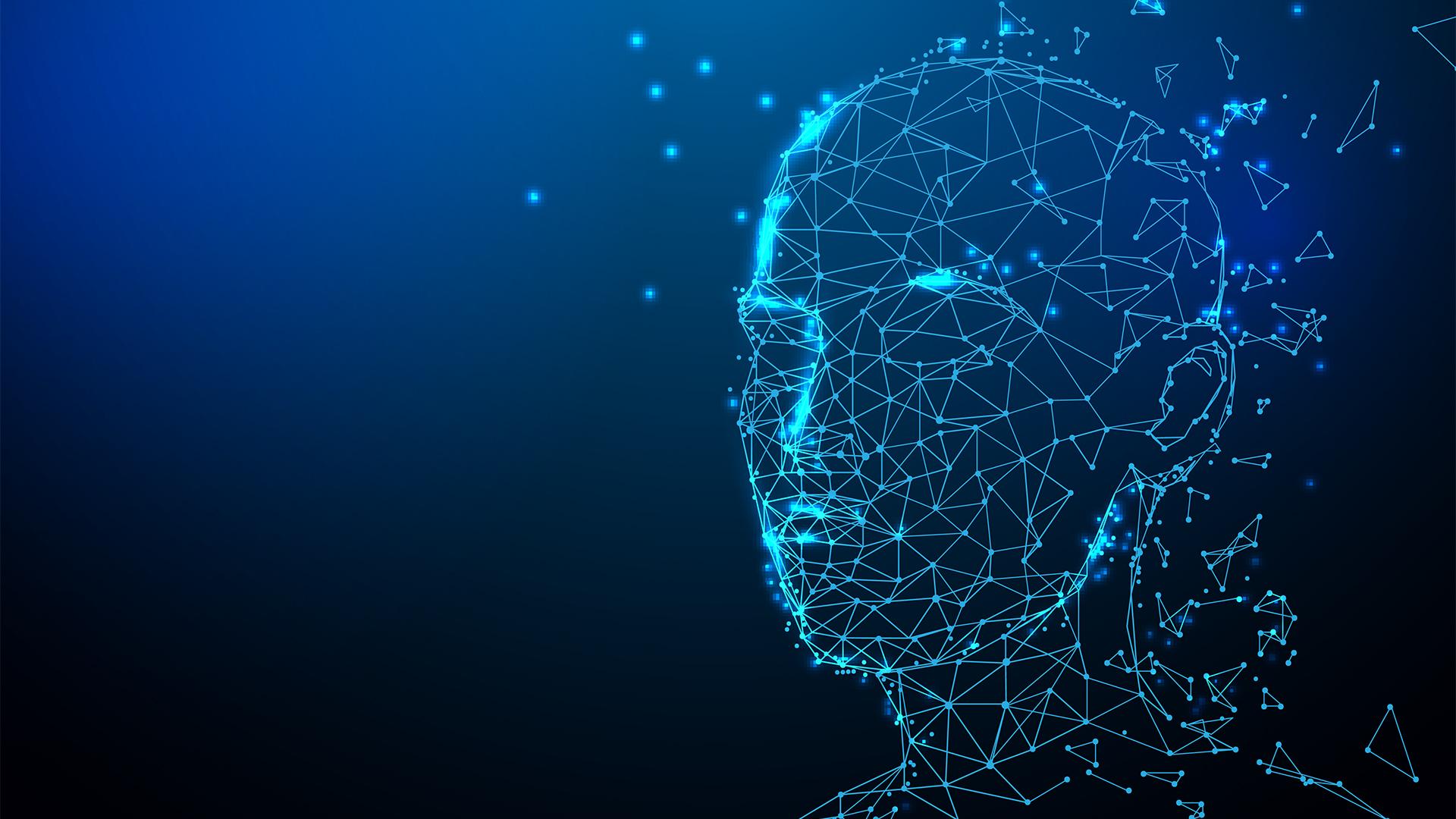
Prof. Isaac Nwaogwugwu, a speaker at the University of Lagos, in an interview with Nairametrics, expressed frustration over the growing dependence on AI-generated actions among students recounting a current experience he had.
RelatedStories
Avoid sharing individual details that can recognize you with AI tools- Expert alerts
Chinese AI app DeepSeek triggers worldwide tech selloff, obstacles U.S. AI dominance
"I provided a project to my MBA trainees, and out of over 100 trainees, about 40% sent the exact same answers. These students did not even know each other, but they all utilized the very same AI tool to generate their responses," he stated.
He kept in mind that this pattern is common amongst both undergraduate and utahsyardsale.com postgraduate trainees but is specifically concerning in part-time and distance knowing programs.
"AI is a serious difficulty when it pertains to assignments. Many students no longer think critically-they just go on the internet, produce answers, and send," he added.
Surprisingly, some lecturers are likewise accused of over-relying on AI, setting a cycle where both educators and students turn to AI for benefit instead of intellectual rigor.
This dispute raises critical questions about the function of AI in scholastic stability and trainee advancement.
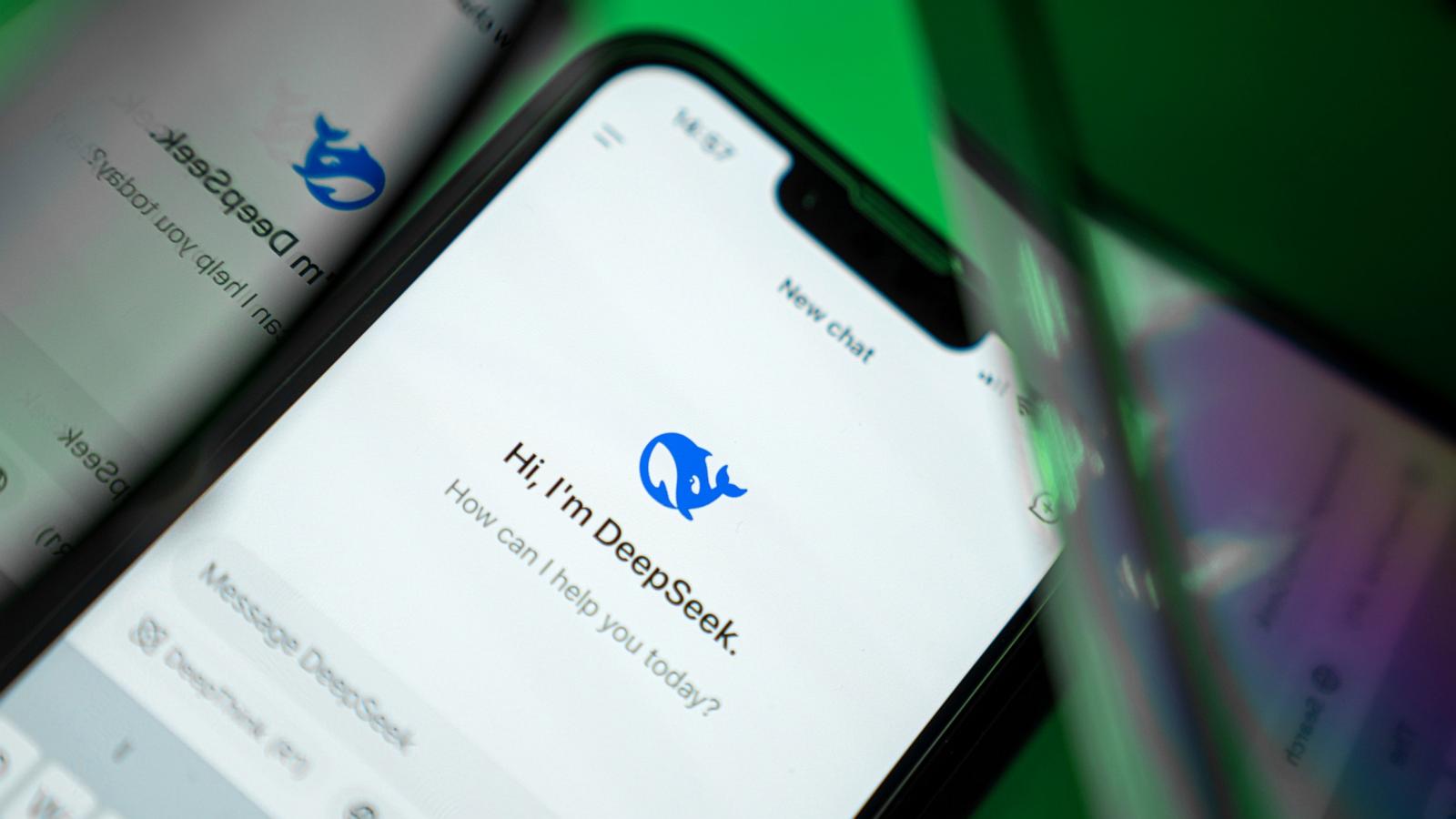
According to a UNESCO report, while ChatGPT reached 100 million monthly active users in January 2023, only one country had released policies on generative AI as of July 2023.
Since December 2024, ChatGPT had over 300 million people using the AI chatbot every week and 1 billion messages sent out every day around the world.
Decline of academic rigor
University speakers are increasingly concerned about students sending AI-generated assignments without genuinely understanding the material.
Dr. Felix Echekoba, a speaker at Nnamdi Azikiwe University, expressed his concerns to Nairametrics about students progressively relying on ChatGPT, just to fight with answering standard concerns when evaluated.
"Many students copy from ChatGPT and submit polished assignments, however when asked basic questions, they go blank. It's frustrating because education has to do with learning, not simply passing courses," he stated.
- Prof. Nwaogwugwu mentioned that the increasing variety of first-rate graduates can not be totally associated to AI but admitted that even high-performing trainees use these tools.
"A top-notch trainee is a superior trainee, AI or not, however that doesn't indicate they don't cheat. The advantages of AI might be peripheral, however it is making trainees dependent and less analytical," he said.
- Another lecturer, Dr. Ereke, from Ebonyi State University, raised a different concern that some speakers themselves are guilty of the exact same practice.
"It's not simply students utilizing AI lazily. Some speakers, out of their own laziness, create lesson notes, course outlines, marking plans, and even examination questions with AI without examining them. Students in turn use AI to create responses. It's a cycle of laziness and it is killing real knowing," he lamented.
Students' viewpoints on usage
Students, on the other hand, say AI has actually improved their learning experience by making academic materials more reasonable and accessible.
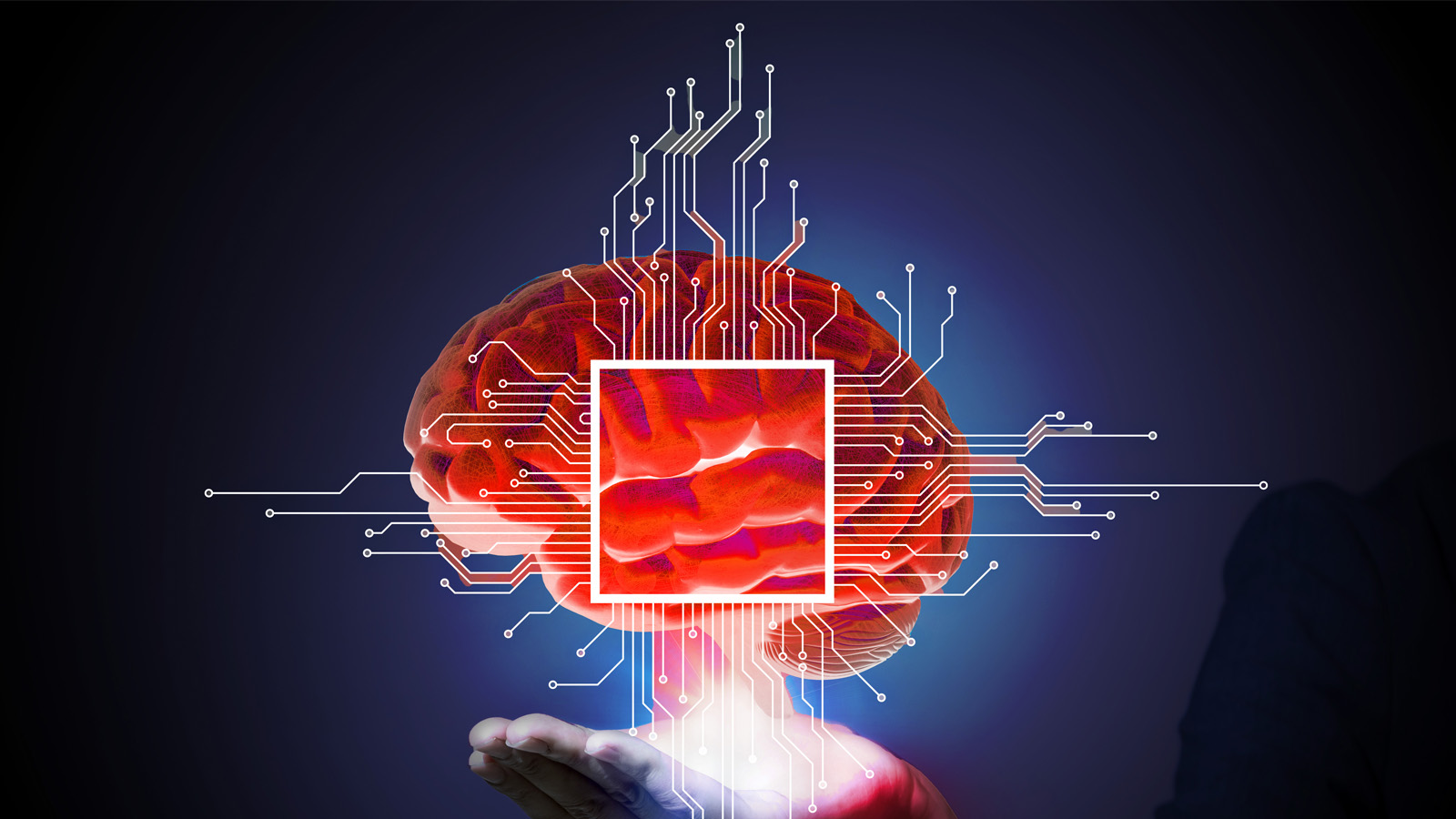
- Eniola Arowosafe, a 300-level Business Administration student at Unilag, shared how AI has considerably aided her learning by breaking down complex terms and providing summaries of prolonged texts.
"AI helped me understand things more easily, particularly when handling complex subjects," she discussed.
However, she recalled an instance when she used AI to submit her job, forum.kepri.bawaslu.go.id just for her lecturer to right away recognize that it was produced by ChatGPT and decline it. Eniola noted that it was a good-bad impact.
- Bryan Okwuba, who recently graduated with a first-class degree in Pharmacy Technology from the University of Lagos, firmly believes that his academic success wasn't due to any AI tool. He associates his impressive grades to actively appealing by asking questions and focusing on locations that lecturers highlight in class, as they are frequently shown in exam concerns.
"It's all about existing, taking note, and using the wealth of understanding shared by my coworkers," he stated,
- Tunde Awoshita, a final-year marketing student at UNIZIK, admits to sometimes copying directly from ChatGPT when facing several deadlines.
"To be truthful, there are times I copy directly from ChatGPT when I have numerous deadlines, and I know I'm guilty of that, many times the speakers don't get to read through them, however AI has likewise assisted me find out faster."
Balancing AI's role in education
Experts think the solution depends on AI literacy; mentor trainees and lecturers how to utilize AI as a knowing aid rather than a shortcut.
- Minister of Education, Dr. Tunji Alausa, highlighted the integration of AI into Nigeria's education system, worrying the value of a balanced method that preserves human participation while utilizing AI to enhance learning outcomes.
"As we navigate the quickly progressing landscape of Artificial Intelligence (AI), it is crucial that we prioritise human agency in education. We must ensure that AI boosts, rather than changes, teachers' vital role in shaping young minds," he said
Concerns over AI in Learning
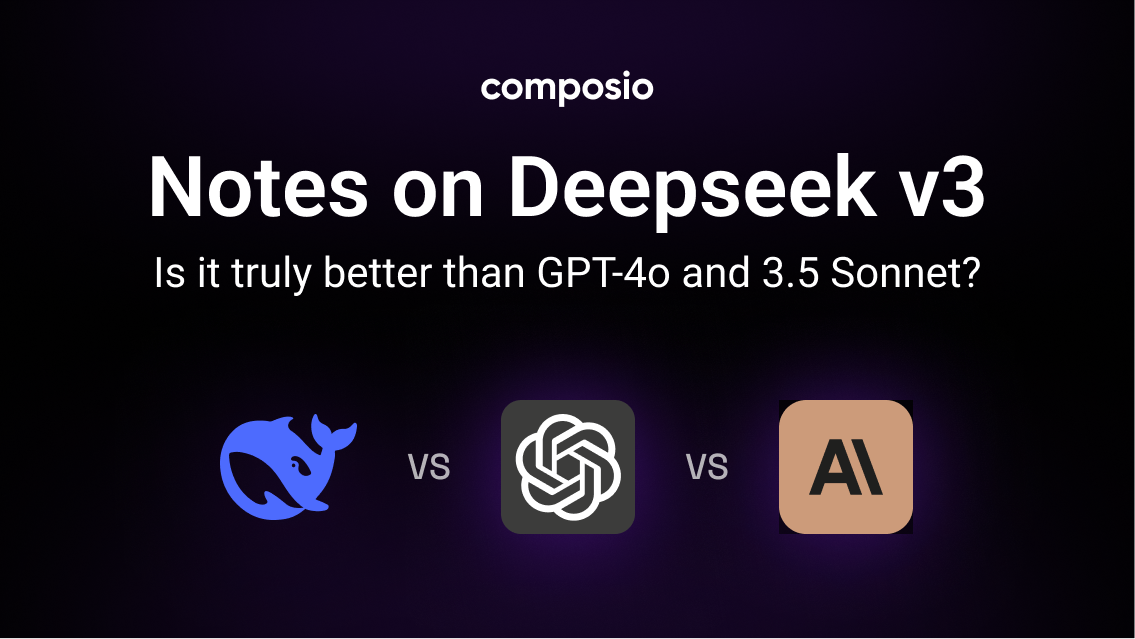
Dorcas Akintade, a cybersecurity improvement professional, resolved growing concerns concerning making use of artificial intelligence (AI) tools such as ChatGPT and their potential dangers to the educational system.
- She acknowledged the advantages of AI, nevertheless, emphasized the requirement for care in its use.
- Akintade highlighted the increasing resistance amongst teachers and schools toward integrating AI tools in finding out environments. She determined 2 primary reasons why AI tools are prevented in instructional settings: security risks and plagiarism. She described that AI tools like ChatGPT are trained to respond based on user interactions, which may not line up with the expectations of teachers.
"It is not looking at it as a tutor," Akintade said, describing that AI does not deal with particular mentor methods.
Plagiarism is another concern, as AI pulls from existing information, frequently without proper attribution
"A great deal of individuals require to comprehend, like I stated, this is data that has been trained on. It is not just bringing things out from the sky. It's bringing details that some other individuals are fed into it, which in essence implies that is another individual's documentation," she cautioned.
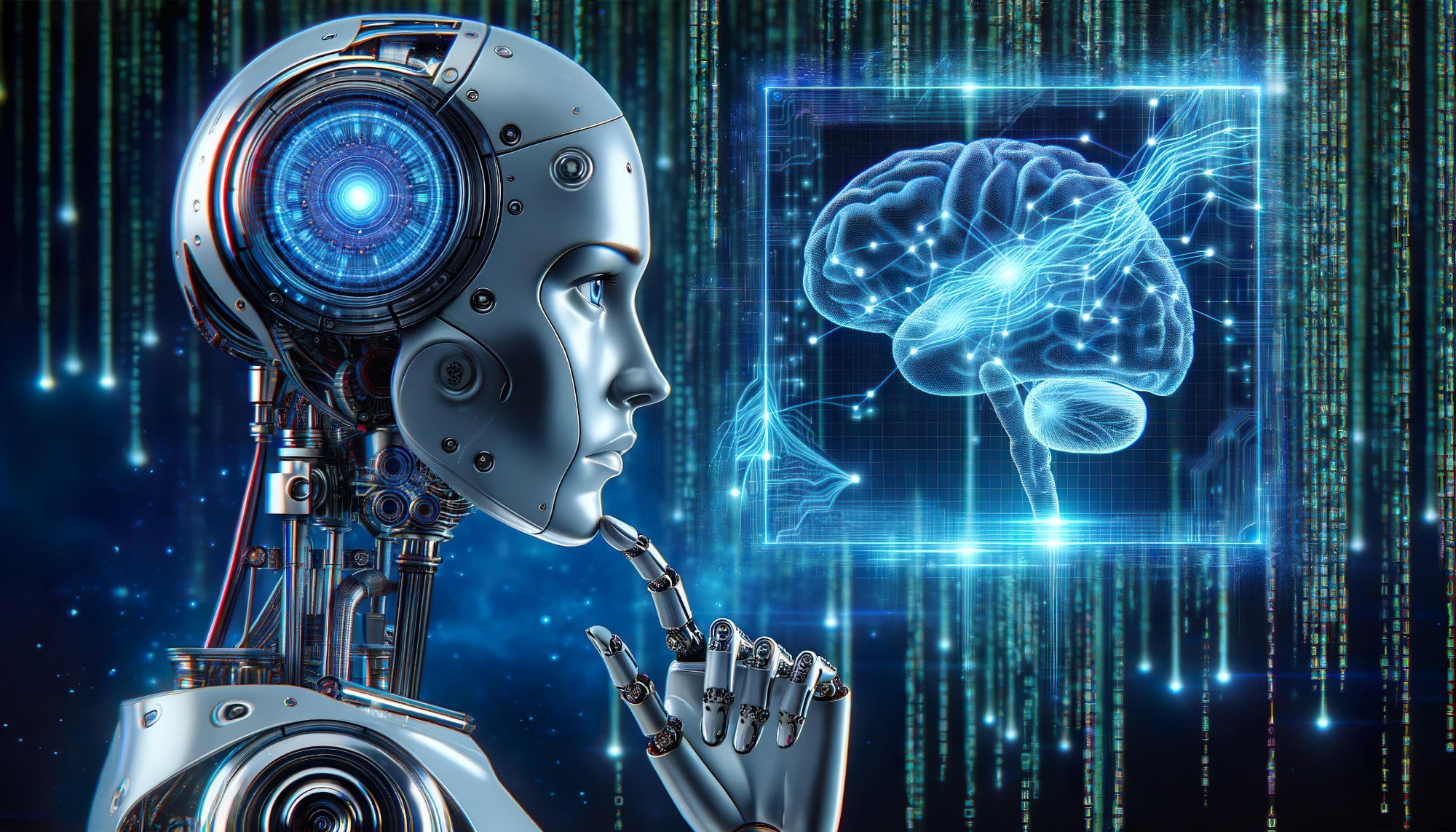
- Additionally, Akintade highlighted an early problem in AI advancement known as "hallucination," where AI tools would generate information that was not factual.
"Hallucination indicated that it was highlighting details from the air. If ChatGPT might not get that info from you, it was going to make one up," she discussed.
She suggested "grounding" AI by providing it with specific information to prevent such errors.
Navigating AI in Education
Akintade argued that banning AI tools outright is not the option, especially when AI presents a chance to leapfrog standard instructional techniques.
- She believes that regularly reinforcing key details assists people keep in mind and prevent making mistakes when faced with obstacles.
"Immersion brings conversion. When you tell people the exact same thing over and over once again, when they are about to make the mistakes, then they'll keep in mind."
She likewise empasized the requirement for clear policies and treatments within schools, noting that many schools must deal with the people and process aspects of this usage.
- Prof. Nwaogwugwu has resorted to in-class tasks and tests to counter AI-driven academic dishonesty.
"Now, I generally utilize assignments to guarantee trainees provide initial work." However, he acknowledged that handling big classes makes this method challenging.
"If you set complex concerns, students won't have the ability to utilize AI to get direct responses," he discussed.
He stressed the requirement for universities to train speakers on crafting exam concerns that AI can not quickly fix while acknowledging that some speakers battle to counter AI abuse due to a lack of technological awareness. "Some lecturers are analogue," he said.
- Nigeria launched a draft National AI Strategy in August 2024, concentrating on ethical AI advancement with fairness, transparency, responsibility, and privacy at its core.
- UNESCO in a report requires the regulation of AI in education, advising institutions to examine algorithms, information, and outputs of generative AI tools to ensure they meet ethical requirements, secure user information, and filter improper material.
- It worries the need to evaluate the long-term impact of AI on critical abilities like thinking and imagination while producing policies that align with ethical frameworks. Additionally, UNESCO recommends executing age limitations for GenAI usage to safeguard more youthful students and safeguard vulnerable groups.
- For federal governments, it recommended adopting a coordinated nationwide method to regulating GenAI, consisting of establishing oversight bodies and lining up regulations with existing information protection and personal privacy laws. It emphasizes evaluating AI threats, imposing stricter guidelines for high-risk applications, and guaranteeing national data ownership.








